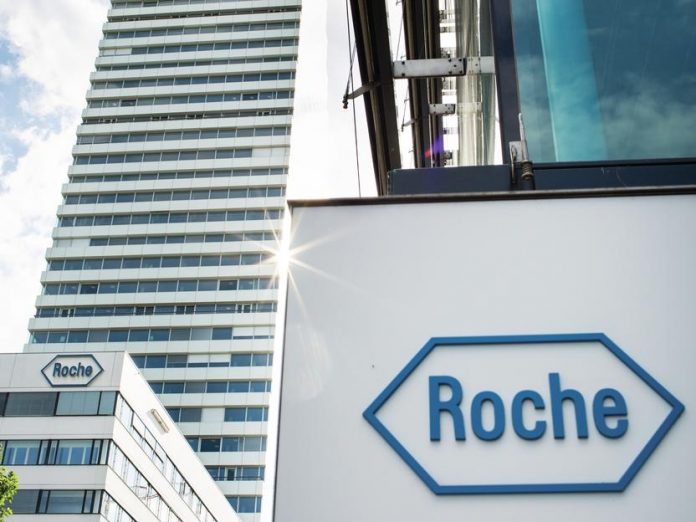Roche announced a new Phase III Alzheimer’s disease prevention trial SKYLINE with gantenerumab, an investigational anti-amyloid antibody that is administered subcutaneously.
Roche intends to enter into a collaboration agreement with Banner Alzheimer’s Institute’s Alzheimer’s Prevention Initiative, Massachusetts General Hospital, and the University of Southern California Alzheimer’s Therapeutic Research Institute to further exchange scientific insights and advance the trial goals.
SKYLINE, a secondary prevention trial, aims to evaluate the potential of gantenerumab to slow disease progression in people with the earliest biological signs of Alzheimer’s disease, before too much permanent neurological damage is done. The double-blind, placebo-controlled trial will enrol 1,200 participants aged 60 – 80 years who are amyloid positive confirmed by assessing cerebrospinal fluid (CSF) or positron emission tomography (PET), and who show no signs of cognitive impairment. The primary endpoint is change from baseline to Year 4 in the Preclinical Alzheimer’s Cognitive Composite-5 score – an endpoint designed to measure subtle changes in cognitive function.
Eric M. Reiman, MD, a leader of the Alzheimer’s Prevention Initiative and one of the study’s principal investigators said:
My colleagues, collaborators, and I are pleased about the chance to continue working with Roche, helping to inform the study design, endpoints, recruitment options, and promising blood-based biomarker tests used in this important prevention trial, “We are eager to help find and support the widespread, appropriate, and affordable use of prevention therapies for people facing Alzheimer’s disease as soon as possible.
Roche has adopted several strategies to address some of the challenges associated with running clinical trials in an Alzheimer’s disease prevention setting. This includes optional blood-based biomarker pre-screening, providing study participants the choice of dosing either every week or every two weeks and the flexibility of administration at home. Roche is also committed to enabling the recruitment of a diverse population for the study across 17 countries globally. The design of SKYLINE will be presented at the AD/PD congress in Barcelona on March 18, 2022.
Levi Garraway, M.D., Ph.D., Roche’s Chief Medical Officer and Head of Global Product Development said:
As populations continue to age, Alzheimer’s is a looming global health crisis. The possibility to detect this disease at scale more effectively and to intervene even earlier could potentially improve the lives of millions of people and those who care for them. We are proud to collaborate with key experts in the field and the broader Alzheimer’s community on this study, and we look forward to sharing our learnings in the future.
The SKYLINE secondary prevention trial will continue to expand the breadth of data being generated by the gantenerumab clinical programme in Alzheimer’s disease. The investigational medicine is also being evaluated in a primary prevention trial in people who are genetically predisposed to developing the disease before amyloid plaques form in the brain, and in people with early Alzheimer’s Disease. Results from GRADUATE 1 and 2, two Phase III trials investigating the safety and efficacy of gantenerumab in people with early Alzheimer’s disease, are expected in Q4 2022.

